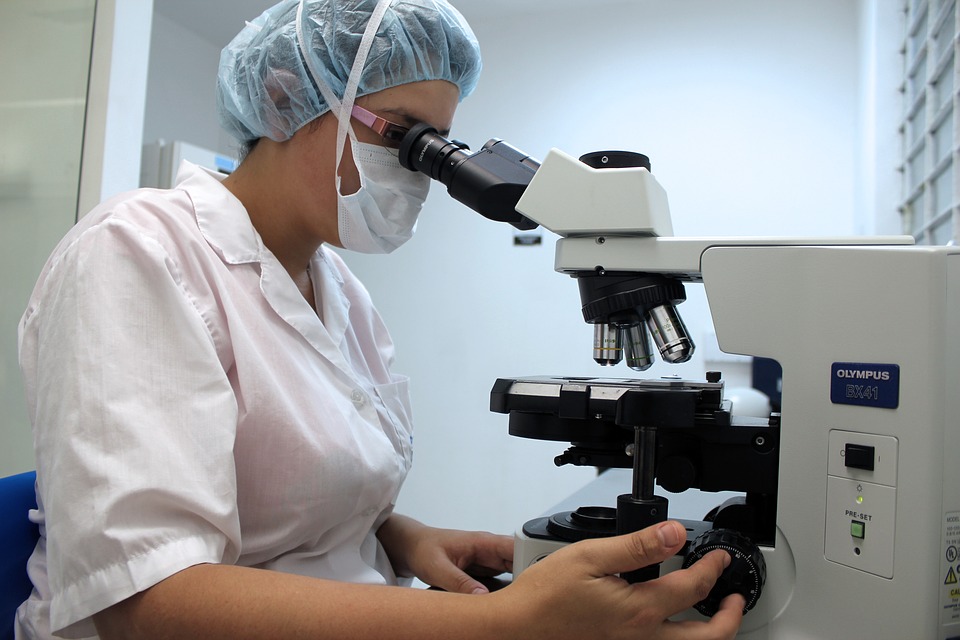One of the aims of industrial biotechnology is to support or replace chemical processes of synthesis of useful compounds with other processes based on the use of enzymes or microorganisms in a greener and more sustainable perspective.
Production of enzymes for bioconversions
The enzymes produced by the cells are a useful tool for these processes as they are the macromolecules responsible for the processes of bioconversion used by man since ancient times for multiple purposes such as the fermentation of food and beverages or the leavening of bread and cakes.
The study of enzymes and their function belong to enzymology, a branch of biochemistry, in constant development: enzymes are neither polluting nor infectious if they are released into the environment, they are also active in aqueous solvent even at mild temperatures and do not give rise to toxic compounds: it is therefore immediately clear the advantage of keep on investing in the research in this field.
Why enzymology is important
Enzymology also makes it possible to carry out research to find new drugs and to identify the molecular bases of many diseases in order to develop appropriate therapies.
In addition, through the use of enzymes, the function of genes can be understood and enzymes can be used as drugs or as a means of diagnosis.
Industrial use of enzymes
In the industrial sector, the production of enzymes is important for the development of new products.
As mentioned above, enzymes are used in diagnostic tests and in the synthesis of active ingredients of drugs, but their usefulness is not limited to the pharmaceutical sector: proteases, amylases and lipases are used in detergents to eliminate certain types of stains, while other enzymes, such as xylanase, are used in paper whitening processes in order to obtain an excellent product with a lower impact on the environment.
In this field, BiCT is able to offer a fast and economic feasibility service for the production of enzymes, for research use or for the first screening of activity and selectivity.
Given the industrial nature of BiCT’s research, the company also offers a service for improving the strain and optimising the fermentation and purification conditions in order to reach production targets based on customer requirements, building a path that leads to the transfer of the process to an industrial scale.
Moreover, BiCT offers its expertise in the field of enzyme immobilization to its customers, adopting the most appropriate carriers and strategies for the required application.

